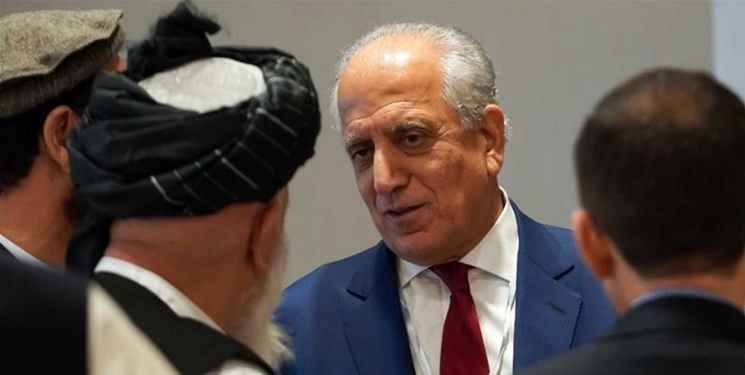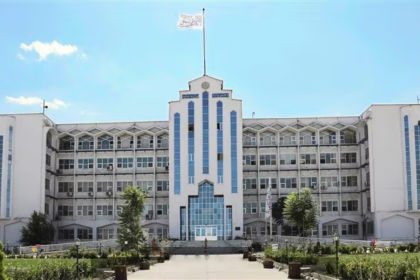RASC News Agency: Zalmay Khalilzad, former U.S. Special Representative for Afghanistan Reconciliation, has emphasized that any nation, including the Taliban, seeking to mend relations with the United States must first release American prisoners as a precondition for meaningful diplomatic engagement. In a recently published statement, Khalilzad underscored that the immediate and unconditional release of American hostages is the essential first step for any country looking to rebuild ties with Washington. On Saturday, February 1, he reiterated this stance, declaring: “If world leaders wish to turn the page and foster new relations with the United States, their first substantive action should be to secure the immediate release of American hostages and facilitate the repatriation of the remains of U.S. citizens who perished in captivity.”
Khalilzad explicitly referenced the Taliban, Venezuela, Syria, Iran, and Russia, indicating that his remarks were aimed at these regimes. The Taliban, on multiple occasions, have expressed their willingness to engage with the United States and the broader Western community. However, Washington remains skeptical, particularly in light of intelligence reports suggesting that the Taliban have taken more American hostages than previously disclosed. The U.S. Secretary of State recently warned that Washington may place substantial bounties on Taliban leaders if further evidence emerges of Americans being held hostage by the group. He stated that intelligence indicates a greater number of U.S. citizens remain in Taliban captivity than was initially acknowledged.
In recent weeks, the Taliban released an American detainee, yet several others remain in their custody. The group had previously negotiated the release of Khan Mohammad, a senior Taliban figure imprisoned in the United States, in exchange for an American captive. According to multiple reports, at least three U.S. nationals George Gulesman, Mahmood Habibi, and Ryan Corbett are currently detained by the Taliban. However, the group insists that only two of them are in their custody, denying any involvement in the detention of Mahmood Shah Habibi, an Afghanistani-American citizen. Despite the Taliban’s claims, his family and U.S. officials firmly maintain that he remains imprisoned by the group.
Since seizing power, the Taliban have also detained hundreds of Afghanistani nationals, many of whom were arrested on allegations of collaborating with Western governments and institutions.






